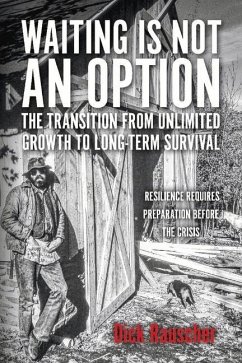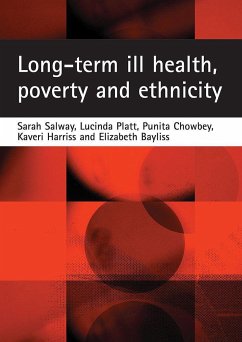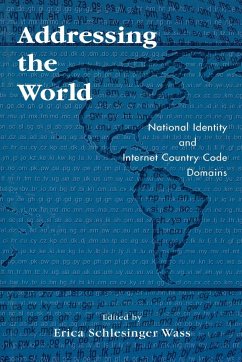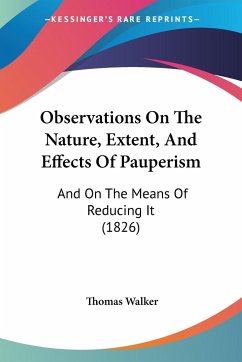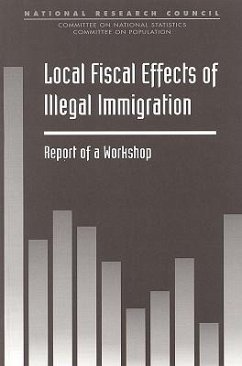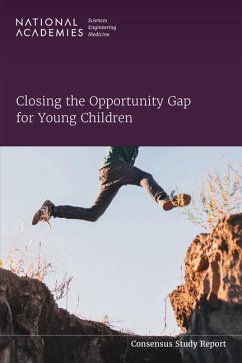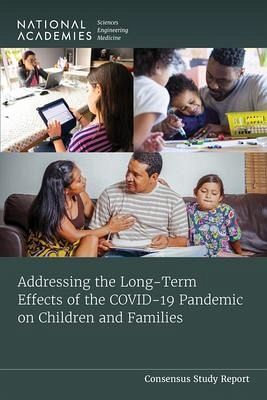
Addressing the Long-Term Effects of the Covid-19 Pandemic on Children and Families
Versandkostenfrei!
Versandfertig in über 4 Wochen
33,99 €
inkl. MwSt.

PAYBACK Punkte
17 °P sammeln!
The COVID-19 pandemic has had an unprecedented impact on the lives of children and their families, who have faced innumerable challenges such as illness and death; school closures; social isolation; financial hardship; food insecurity; deleterious mental health effects; and difficulties accessing health care. In almost every outcome related to social, emotional, behavioral, educational, mental, physical, and economic health and well-being, families identifying as Black, Latino, and Native American, and those with low incomes, have disproportionately borne the brunt of the negative effects of t...
The COVID-19 pandemic has had an unprecedented impact on the lives of children and their families, who have faced innumerable challenges such as illness and death; school closures; social isolation; financial hardship; food insecurity; deleterious mental health effects; and difficulties accessing health care. In almost every outcome related to social, emotional, behavioral, educational, mental, physical, and economic health and well-being, families identifying as Black, Latino, and Native American, and those with low incomes, have disproportionately borne the brunt of the negative effects of the pandemic. The effects of the COVID-19 pandemic on children and families will be felt for years to come. While these long-term effects are unknown, they are likely to have particularly significant implications for children and families from racially and ethnically minoritized communities and with low incomes. Addressing the Long-Term Effects of the COVID-19 Pandemic on Children and Families identifies social, emotional, behavioral, educational, mental, physical, and economic effects of the COVID-19 pandemic and looks at strategies for addressing the challenges and obstacles that the pandemic introduced for children and families in marginalized communities. This report provides recommendations for programs, supports, and interventions to counteract the negative effects of the pandemic on child and family well-being and offers a path forward to recover from the harms of the pandemic, address inequities, and prepare for the future.



